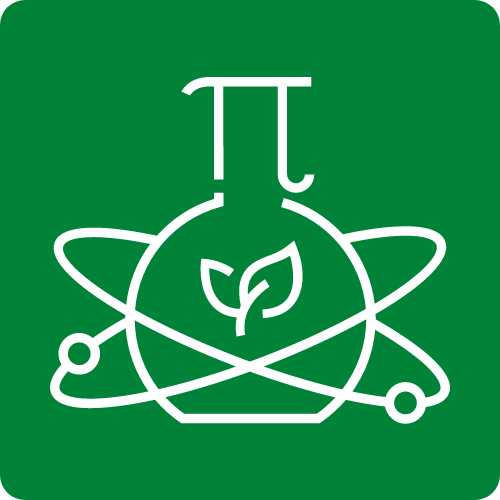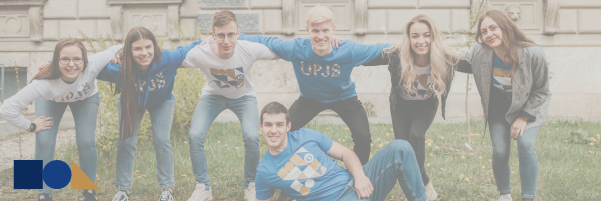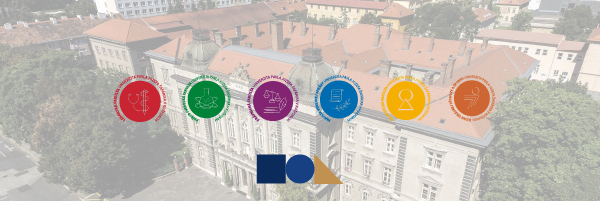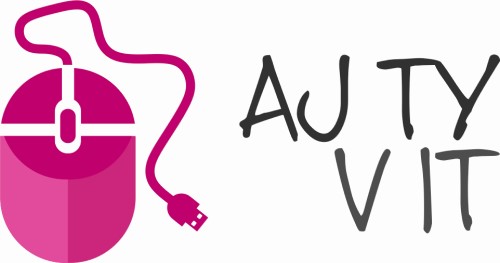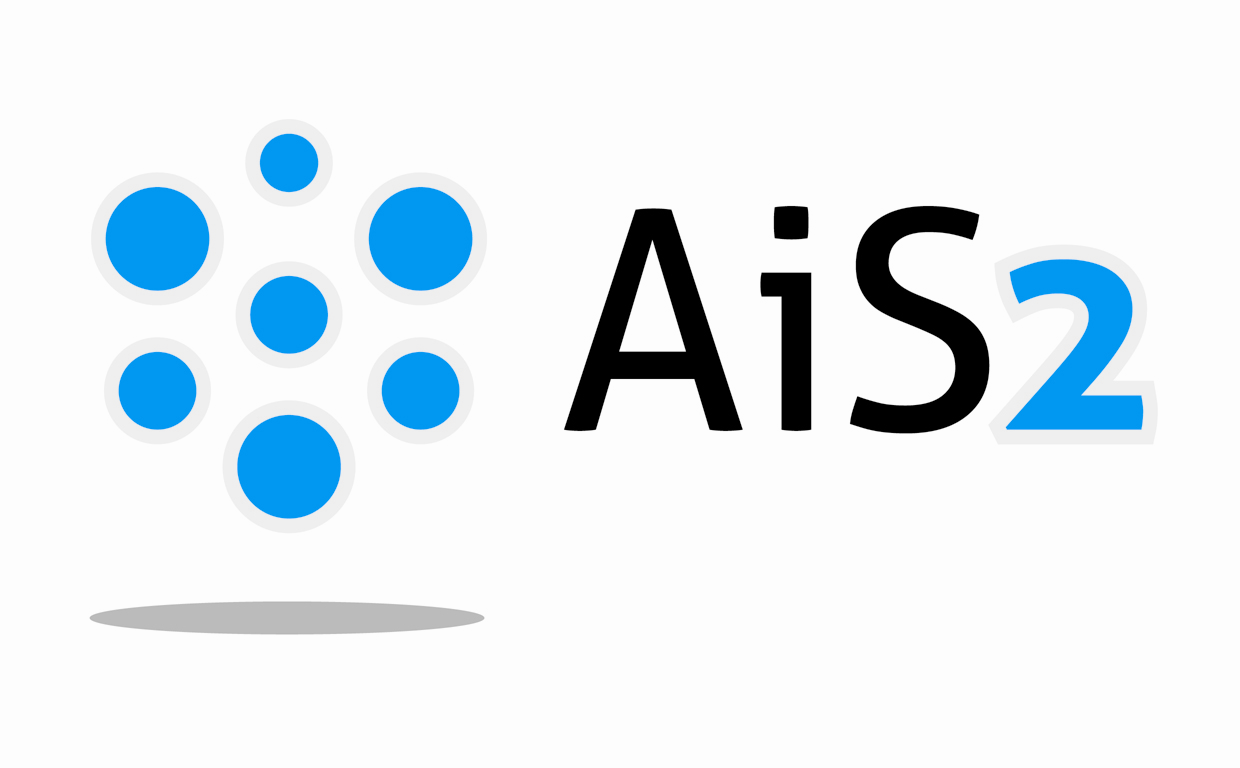
Objectives:
- This workshop will include advanced research talks (and introductory lectures) on a range of topics related to the neural processes of auditory, visual and cross-modal perception.
- The main focus of this year’s workshop will be on spatial audio virtualization and gamification for hearing assessment and enhancement.
- The talks will illustrate the multidisciplinary character of cognitive neuroscience research, covering behavioral, neuroimaging, and modeling approaches, as well as applications of the research in auditory prosthetic devices.
- The workshop is aimed at early-stage and advanced students and young researchers, and it will provide ample opportunities for direct interactions between the lecturers and the attendees.
The workshop will follow up on our previous workshops.
Format:
1/2-day sessions, including invited talks, contributed talks, and posters focusing on the topics of Spatial Audio Virtualization and Gamification for Hearing Assessment and Enhancement (general), as well as other topics in computational and cognitive neuroscience. (Also, non-scientific program – outings to tourist destinations near Kosice – will be organized on the days before and/or day after the workshop.)
Guest speakers and SAV consortium speakers (tentative):
G. Christopher Stecker, Boys Town National Research Hospital, “The roles and bases of auditory spatial awareness”
Antje Ihlefeld, Meta, “Spatial Audio and fNIRS”
Lauren Calandruccio, Case Western Reserve University “Listening in noise in multiple languages: considerations for enhancing the efficiency of speech recognition testing”
Eleni Vlahou, University of Thessaly, “Exploring Spatial Auditory Attention in Gamified Cocktail Party Settings”
Mathieu Lavandier, ENTPE – University of Lyon “Modelling speech intelligibility in noise: from differences in SRTs to full psychometric functions?”
Robert Baumgartner, Austrian Academy of Sciences, “Short-term adaptation of spatial hearing.”
Bernhard Laback, Austrian Academy of Sciences, “Dilation of Auditory Space by Short-Term Context”
Piotr Majdak, Austrian Academy of Sciences, “Introduction to the framework for auditory modeling based on Bayesian inference”
Anja Pahor, Univerza v Mariboru, “Development and validation of mobile measures of executive function.”
Frederick Gallun, Oregon Health and Science University, “Does Psychoacoustics Have to be Boring? Exploring Gamification of Auditory Testing”
Jorg Buchholz, Macquarie University, Australia
Jyrki Ahveninen, Mass General Research Institute / Harvard Medical School, “Multimodal studies on attention and crossmodal influences in auditory networks”
Virginia Best; Boston University, “When and why do hearing aids disrupt sound externalization?”
Aaron Seitz, Northeastern University, “New games to train speech in competition; from psychoacoustics to music.”
Norbert Kopco, P. J. Šafárik University in Košice, “Other topics in SAV: Attention and distance in real and virtual environments”
Organizers:
Norbert Kopco, P. J. Šafárik University in Košice
Frederick Gallun, Oregon Health and Science University
Robert Baumgartner, Austrian Academy of Sciences
Mathieu Lavandier, ENTPE – University of Lyon
Registration:
The workshop is open to all interested students/scientists. Registration is free of charge but required. To register, please send an email to kogneuro@gmail.com stating your full name and affiliation and the dates on which you are planning to attend. All accepted abstracts will be published on the workshop website and in the abstract book. No proceedings will be published. In case you would like to have a presentation please send us an abstract (up to 200 words; also indicate whether you prefer poster or oral presentation) no later than March 21, 2024.
